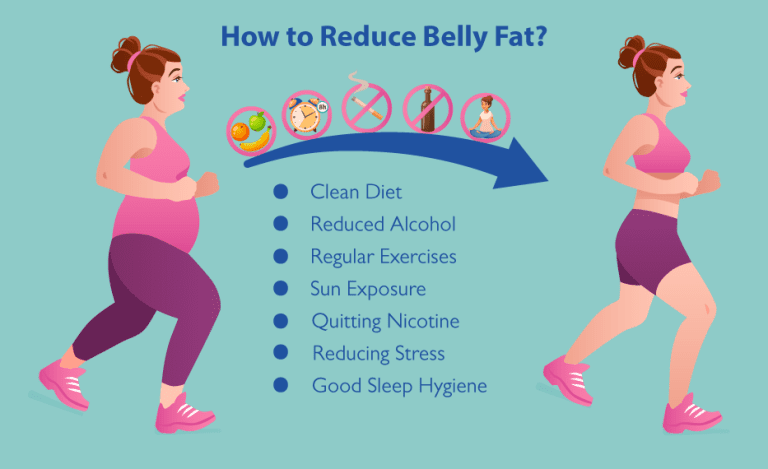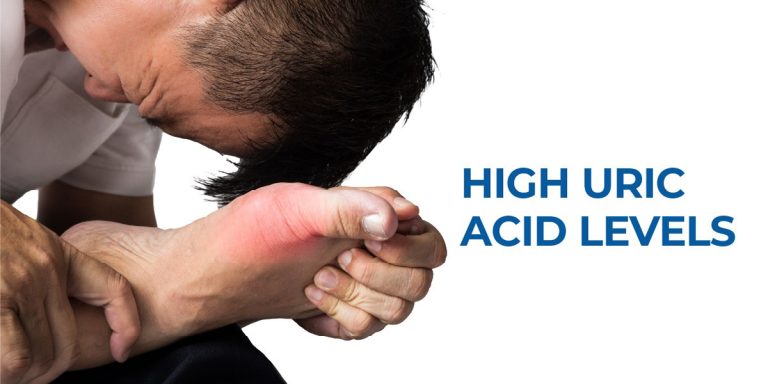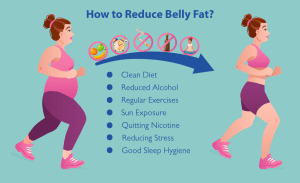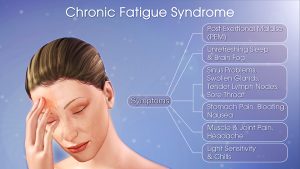What Is Stress
We all come across adverse situations and stress is our normal reaction in that scenario. Whenever we have a stressful situation we react to that and our body experiences certain changes. Emotional and physical reactions are caused by stressful events. Our body is equipped to handle stressful situations in different ways.
Our body is strong enough to handle the situations arising out of the unpleasant event. The human body has a wonderful mechanism and can adapt itself to the situation it comes across. The response is produced by the body to deal with the situation.
Stress is not always bad. It also is needed by the body. It prepares the body for fight and fight response. When we face any unpleasant or challenging situation body becomes more alert and gets ready for the demand of the situation. Stress is also our strength in dealing with situations of danger.
WHO defines stress as under:
Stress can be defined as any type of change that causes physical, emotional, or psychological strain. Stress is your body’s response to anything that requires attention or action. Everyone experiences stress to some degree. The way you respond to stress, however, makes a big difference to your overall well-being.
Is Stress a Present Day Problem?
Stress is not a new thing happening in the modern world only. It has been there since its existence and during the evolution of mankind. Our hunter-gatherer ancestors have experienced it billions of years ago. At that time, the form and cause of stress were different. When they were attacked by a predator they would experience stress. During the early period, it was a tool for survival for our ancestors.
Stress is not always a negative or bad thing. In fact due to stress and physiological and psychological responses our ancestors who were hunter-gatherers were able to save their life. But the type of stress which is necessary for saving one’s life is not permanent or chronic.
This type of stress is temporary and is the response to any danger like an attack by an animal etc. Acute stress is temporary and is needed in times of emergency, while chronic stress is long-lasting and does not leave us. There are innumerable factors and combinations causing chronic stress.
What happens inside the body when we are threatened?
It will be so interesting to know that when we face a very dangerous situation ( as our ancestors would feel from wild animals etc.) we are stressed up and a series of reactions take place in our body. Even a little detail is bewildering.
Whenever we face an extremely dangerous situation where our survival is at stake like an attack by an animal ( in the case of a hunter-gatherer) or a situation of an accident or fight or attack by anyone else( in the current time)our eyes see the situation/ our ears learn about the danger or we somehow feel the threat, a series of processes is initiated in our body. The body has a “sympathetic nervous system” and a “parasympathetic nervous system” meaning fight and flight and rest and digest system. In the event of danger and the fight for survival, our para-sympathetic nervous system takes a backstage and the body is controlled by the sympathetic nervous system. That can be called a “fight or flight” response of the body.
In this response, we either face the situation and fight it out or run away from the place. The brain acts as the control center for the battle. The emotions are processed by the “amygdala” in the brain. On concluding that the situation present before is a threat, the signals are sent to” the hypothalamus”, which further communicates with the “autonomic nervous system”. Our body’s several involuntary systems viz hormones release into the body, breathing, supply of blood according to need to different organs of body etc. are controlled by the autonomic nervous system.
Here comes the role of an important hormone i.e. adrenalin. The nervous system has its own communication network like a supercomputer. The cells in the body communicate with one another. This hormone is released into our blood in the whole body. It is a sort of disaster control wing of the Government and takes over all the work of the body and issues commands to different organs of the body.
The body needs more oxygen in such stressful situations therefore working of the respiratory system is altered to allow the availability of adequate oxygen to the organs needing it to work to their full capacity, in view of the impending danger or threat. Blood flow increases and blood pressure rises. The alertness of the brain is also enhanced; other sensory organs of the body viz eyes and ears also augment their capacities for increased demands of alertness. Simultaneously, the blood circulatory system is also supplied with adequate energy in the form of nutrients and sugar.
The body has limited resources of energy including its reserves and storage. The super smart nervous system inside then decides to supply less energy for other functions of the body and the working of these organs is put to hold or it gets into minimum usage mode. This mode is akin to the power saver mode we use in our laptops and mobile phones when the battery is running out.
So, are you not surprised by so much happening in our bodies when we come across very dangerous situations? The body simultaneously performs many operations with super speed and even before the twinkling of eye adrenaline does its job and prepares the body for facing the danger; once the threat is tackled the body returns to normal functioning and the organs resume their routine job.
The situations of danger and threats of attack by predators which were faced by our hunter-gatherer ancestors don’t exist in present periods. But in today’s time our work pressure, deadlines, job insecurity, EMIs, the rising cost of living, problems in relationships, etc. ( the stressors) are keeping us on our toes around the clock.
The body does not get to rest and digest mode and is continuously bombarded with stressors. Persistent stress consequently interferes with the functioning of the body including impacting hormonal balance. When we are not able to deal with the stress properly we pay the price in the form of various diseases including the ones discussed here.
Change in the body in case of stress

Whenever there is a situation where we feel threatened or under any attack, our body’s system gets geared up for dealing with this. For example, our nervous system steps in to play its role by releasing the required hormones for preparing the body for a stressful situation. In stressful situations, our body responds appropriately and our breathing pattern changes. We have rapid breathing to fulfill the need of more oxygen, the additional oxygen is absorbed by the blood and transported to different organs having raised the need to deal with the situation.
The muscular system needs more oxygen due to increased action pressure and this need is fulfilled by the cardiovascular system. Our heart works harder and the pumping is accelerated. But when this continues for a prolonged period the heart has to overwork and in some cases, it fails to meet up the continued demand and a heart attack happens. Our digestive system also takes a toll due to stress.
An additional amount of glucose is produced by the liver. The body needs extra glucose for increased demand for energy. Due to the extra dose of glucose made available to the body, there is an energy rush. But when the stress is chronic and the issues remain unresolved the supply of glucose continues to be more; however, in the absence of the need for extra glucose there is the problem of diabetes. Further, acidity, nausea, and other digestive issues too are seen due to chronic stress.
Stress and cortisol
Cortisol is the stress hormone in our body. In situations of stress, Cortisol assumes important functions such as it supplies more glucose in the blood and assisting the brain to use the additional supplies of glucose, it also restricts the working of organs that are not performing any important and unavoidable function like repair and growth in the body.
When the situation of stress is handled the cortisol levels return to normal and the suspended bodily functions are resumed. But in the case of unresolved stress, as we experience in modern days due to a number of reasons, the cortisol level does not go down and the body’s functions are impacted.
How stress expresses itself
People experience stress in different ways. Generally, the following are among the major symptoms of stress:
Physical manifestation
- Shallow breathing
- Acidity
- Sweating
- Loss of appetite or overeating
- Increase in heart rate
- Low immunity
- Headaches
- Panic attacks
- Nausea
- Digestive problems
- Lack of fitness
- Muscle stiffness etc
Psychological manifestation
- Irregular sleep timings and impact on quality of sleep
- Lack of concentration
- Worrying habit
- Depression and anxiety
- Generally unhappy
- Increased irritation
- Fear
- Uncertainty and insecurity
- Lack of confidence
- Overall sadness
- Productivity is impacted
- Emotional outburst
- Sedentary lifestyle
- Use of alcohol etc
How can we control stress
There are various ways through which stress can be handled. Though there is no uniform or one solution for all people, however, it is observed that generally stressed people respond to the following:

- Walking
- Regular exercise
- Yoga and breathing exercises
- Going for vacations
- Meeting friends and relatives
- Perusing one’s hobbies
- Doing household chores
- Doing some recreational activities
- Adequate and quality sleep
- Good quality and healthy food
- Avoiding oily and spicy food
- Reading
- Avoiding interaction with negative people
- Watching comedies or anything which relaxes the mind
- Following a routine and disciplined lifestyle
- Counseling
- Acceptance and letting go
- Reducing the late-night screen time
- Not having large dinner meals or late dinners; etc.
It has to be appreciated that our body has a very intelligent system. When the perceived danger is handled, the hormonal balance is restored, the body’s all organs resume normal functioning, blood pressure comes within normal range, the heart resumes pumping at normal levels, blood flow is regulated, breathing returns to regular levels, and heart paces within its range, cortisol levels drop, the liver stops producing extra glucose, adrenalin comes to normal, the parasympathetic system is activated, the mind relaxes, digestion resumes, repair and growth of body recommences, the immune system is optimized.
The realignment of body functions is restored. We have to keep in mind that when we let the stress continue and persist all these functions of the body continue to be affected and diseases related to them invade us.
So once we have understood the effects of stress on us and also the ways to handle it we can fix the problem and lead a happy life.













